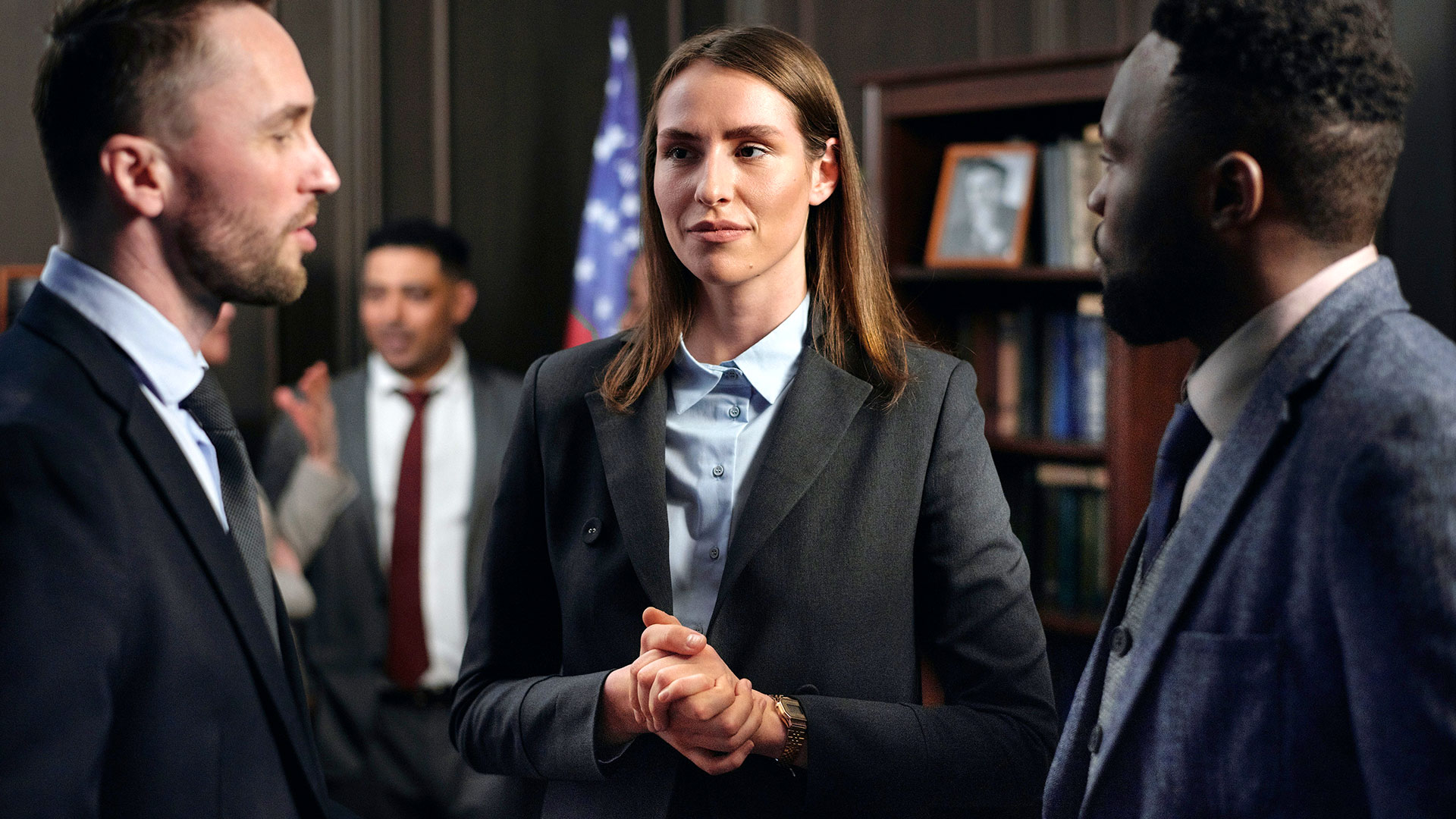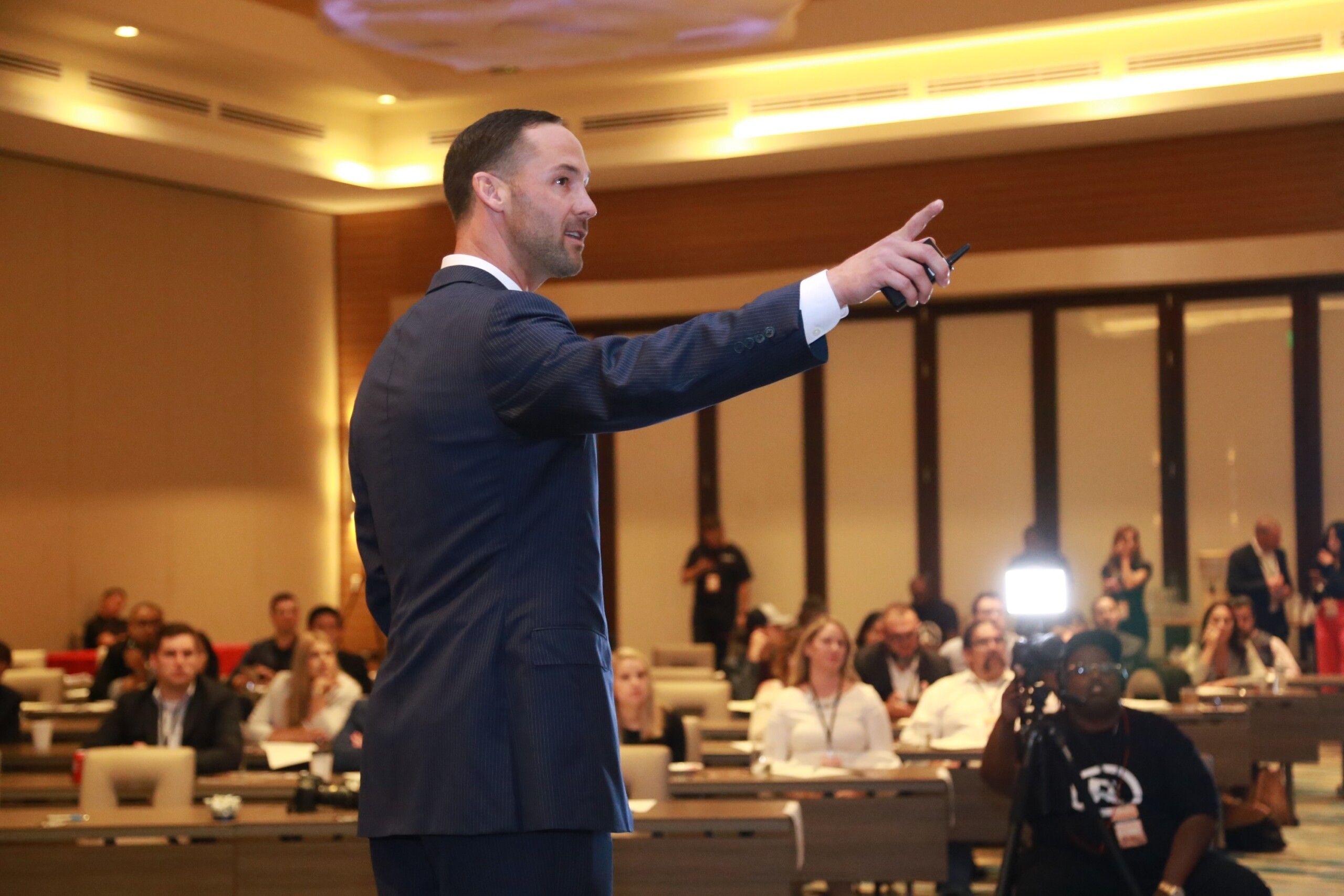
What Is One Reason Prosecutors May Decide to Dismiss Cases
There’s a big reason why a prosecutor might decide not to go forward with a case. It all boils down to having enough proof. Prosecutors need to prove someone’s guilt really well, and if the evidence they have isn’t strong or reliable, they might choose to drop the case. This helps make sure that the legal system stays fair and doesn’t lead to wrongly accusing people.
Another reason a case might be dropped is if there are problems with how the evidence was collected. If the police got evidence in a way that goes against the law, like an illegal search, the prosecutor might decide to drop the case. This is important to protect the rights of the person being accused and to stick to the rules set by the Constitution.
Sometimes, the willingness of the person who was harmed, or the victim, to help out can be a big factor. If an important witness or the victim doesn’t want to talk or help with the case, it can make things tough. Prosecutors might think about how this could affect the case and, in some situations, choose to drop the charges to keep the legal process fair.
In the end, deciding to drop a case is a tricky choice. It involves looking at the evidence, following the rules, and seeing if everyone involved is ready to be part of the legal process. By understanding these reasons, it helps people see how the legal system works and how prosecutors try to be fair while seeking justice.
What Does It Mean When a Case Is Dismissed?
When we talk about legal stuff, hearing that a case is “dismissed” can be a big deal. Figuring out what it means when a case gets dismissed is super important for anyone trying to make sense of the legal world. Basically, when a case is dismissed, it means the legal process against someone is stopped, and the charges against them are dropped. But why does this happen? Well, it could be because there isn’t enough good evidence, there were mistakes in how things were done, or people involved, like witnesses, didn’t want to help.
One main reason cases get dismissed is because there’s not enough strong evidence. The law needs proof to show someone is guilty, and if that proof isn’t good enough or has problems, they might stop the case to make sure things are fair. Also, if there were mistakes in how evidence was collected or if someone’s rights were not respected, the case might be dismissed. This shows how important it is to follow the rules during investigations.
Sometimes, whether or not people are willing to help out, like witnesses or the person who was harmed, can decide what happens. If important people don’t want to talk or work with the people in charge, it can make the case weaker. In these situations, the charges might be dropped to keep everything fair and not force people to be part of the legal process.
So, when a case is dismissed, it means the legal journey for the person accused is done, and they don’t have to face the charges anymore. It’s like a key legal term that shows how evidence, following the rules, and people cooperating all play a big role in what happens in court. Understanding what “dismissed” means gives us a peek into how the legal system works and why it aims to be fair while seeking justice.
Can a Prosecutor Dismiss a Case
Ever wondered if a prosecutor can decide to drop a case? Well, the short answer is yes, but it’s not a simple decision. Prosecutors have the power to dismiss cases, but they have to think about a bunch of things, like how strong the evidence is, following the rules, and doing what’s right.
One big reason a prosecutor might drop a case is if there’s not enough good evidence. They need to prove someone is guilty really well, and if the evidence isn’t up to par, they might stop the case to keep things fair. Also, if there were mistakes in how they got the evidence or if someone’s rights weren’t respected, the prosecutor might decide to drop the case to be fair and square.
The prosecutor’s decision can also be influenced by whether important people, like witnesses or the person who was harmed, want to help out. If these key folks don’t want to be part of the legal process, it can make the case weaker. In such cases, the prosecutor might decide to drop the charges to make sure everything is fair and square.
Prosecutors do have the power to drop cases, but it’s all about making the right call based on evidence, following the rules, and getting everyone involved to cooperate. This gives us a glimpse into how the legal system works and why prosecutors aim to be fair while seeking justice.
Prosecutor Case Management Software
In law, prosecutor case management software is a game-changer, making the job of legal professionals much easier. These special computer programs are created to organize and improve the way prosecutors handle cases, providing them with tools that suit their unique needs.
One significant benefit of this software is its ability to keep all case information in one place. Prosecutors can use an easy-to-understand interface to manage details, evidence, and documents, making it simpler to access important information and make informed decisions.
Another great thing about prosecutor case management software is that it can automate tasks. Things like keeping track of cases, scheduling, and creating documents can be done automatically. This saves time and reduces the chances of mistakes, letting prosecutors focus more on legal strategy and less on administrative work.
These software solutions also promote teamwork and communication among legal teams. With features that support easy sharing of documents and clear communication, everyone involved in a case can stay on the same page.
Security is a top priority for these software programs. Since prosecutors deal with sensitive legal information, the software comes with strong security measures like encryption and access controls. This ensures that confidential data is protected and that the legal process remains trustworthy.
Prosecutor case management software is a valuable tool in the legal field, providing features that improve workflow, encourage teamwork, and maintain the security of important information. As legal professionals embrace technology to meet the challenges of their work, these software solutions become essential for a more efficient and effective pursuit of justice.
Why Do Prosecutors Drop Charges?
How to Get Your Charge Dropped or Dismissed
Facing legal charges can be overwhelming, but knowing strategies to potentially get your charge dropped or dismissed is important. One effective approach is to closely examine the evidence against you. If there are problems or inconsistencies, a skilled defense attorney can use these issues to build a strong case for dismissal. Lawyers can also question how the evidence was collected to make sure your rights were respected during investigations.
Having open and honest communication with your defense attorney is crucial. By giving them all the details and being clear about your case, you help them find potential weaknesses in the prosecutor’s argument. Working closely with your legal representative increases the chances of creating a solid defense strategy.
Sometimes, negotiating with the prosecution may lead to a resolution. This could involve making deals or looking for alternative solutions that result in reduced charges or even dismissal. Showing genuine remorse, taking part in rehab programs, or highlighting positive changes in your life can strengthen your position during negotiations.
Understanding how the legal process works is essential. Your defense attorney can check the procedural aspects of your case, looking for mistakes or violations that might lead to dismissal. Exploring programs like diversion or pretrial interventions could offer ways to address the underlying issues without facing the full legal consequences.
A combination of careful legal analysis, good communication with your defense attorney, negotiation skills, and understanding the legal process can significantly improve the chance of getting your charge dropped or dismissed. Seeking professional guidance and actively participating in your defense strategy empower you to navigate the legal system with the goal of achieving the best possible outcome for your case.
Article Written by Shifted SEO & Web Design




